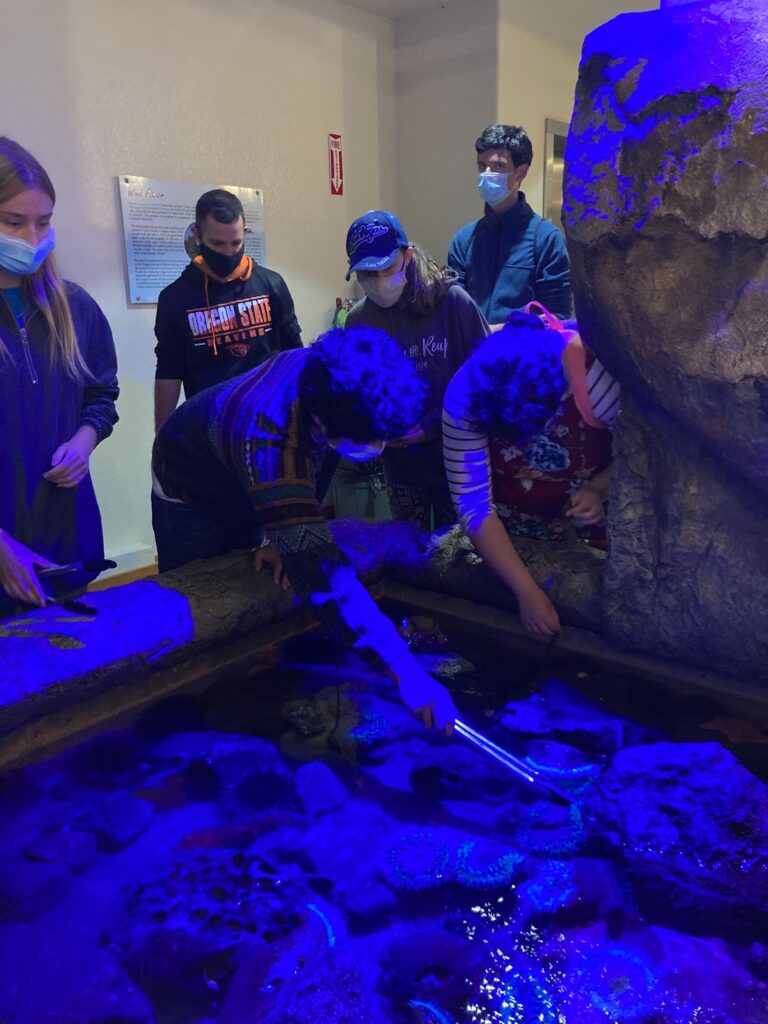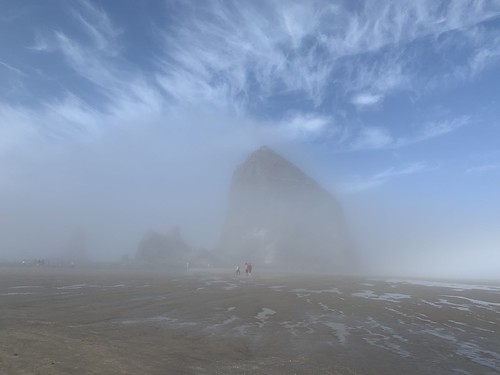I can’t believe that my time as a Summer Scholar is already coming to a close. Working with the Oregon Coastal and Ocean Information Network (OCOIN) has provided an amazing opportunity to see what my professional life will be like after I finish school. Within the OCOIN network, I have been able to gain a broader view of organizations working to provide for Oregon’s coast and have built connections with professionals within these networks. It has been a confirming experience working with people with common interests, with whom I can see myself working well with.

While I don’t feel like I have a better understanding of what exactly I would like to do after school, I do feel more comfortable with the options before me. With OCOIN, I have seen a greater variety of professional tracks working within the environmental science realm. I have also learned valuable skills that will help me when it comes time for my job hunt. My biggest goal as a Summer Scholar was to learn ArcGIS, and I have gotten a deeper understanding of it than I thought was possible in just ten short weeks. Before this summer, I knew nothing about ArcGIS, but over my internship, I have completed many tutorials, had hours of hands-on training, been able to put my skills to use working on OCOIN’s Coastal Research Explorer, and have even had my share of troubleshooting to really gain a deep learning of this valuable skill.
This fall, I will be starting graduate school at Portland State University, working towards my Master of Science in Environmental Science and Management. I will be a part of the Applied Coastal Ecology lab with Dr. Elise Granek. One of my goals as a Summer Scholar was to determine what I would like to research. While that is still taking shape, the vision of what it will be is much clearer. Throughout my internship, I worked hands-on with OCOIN’s Coastal Research Explorer, which hosts Oregon’s coastal research projects. This experience allowed me to see what research is taking place on the coast, aiding in my quest to find a research topic. I am grateful for the skills I acquired, the connections I made, and the hands-on experience I gained as a Summer Scholar.








